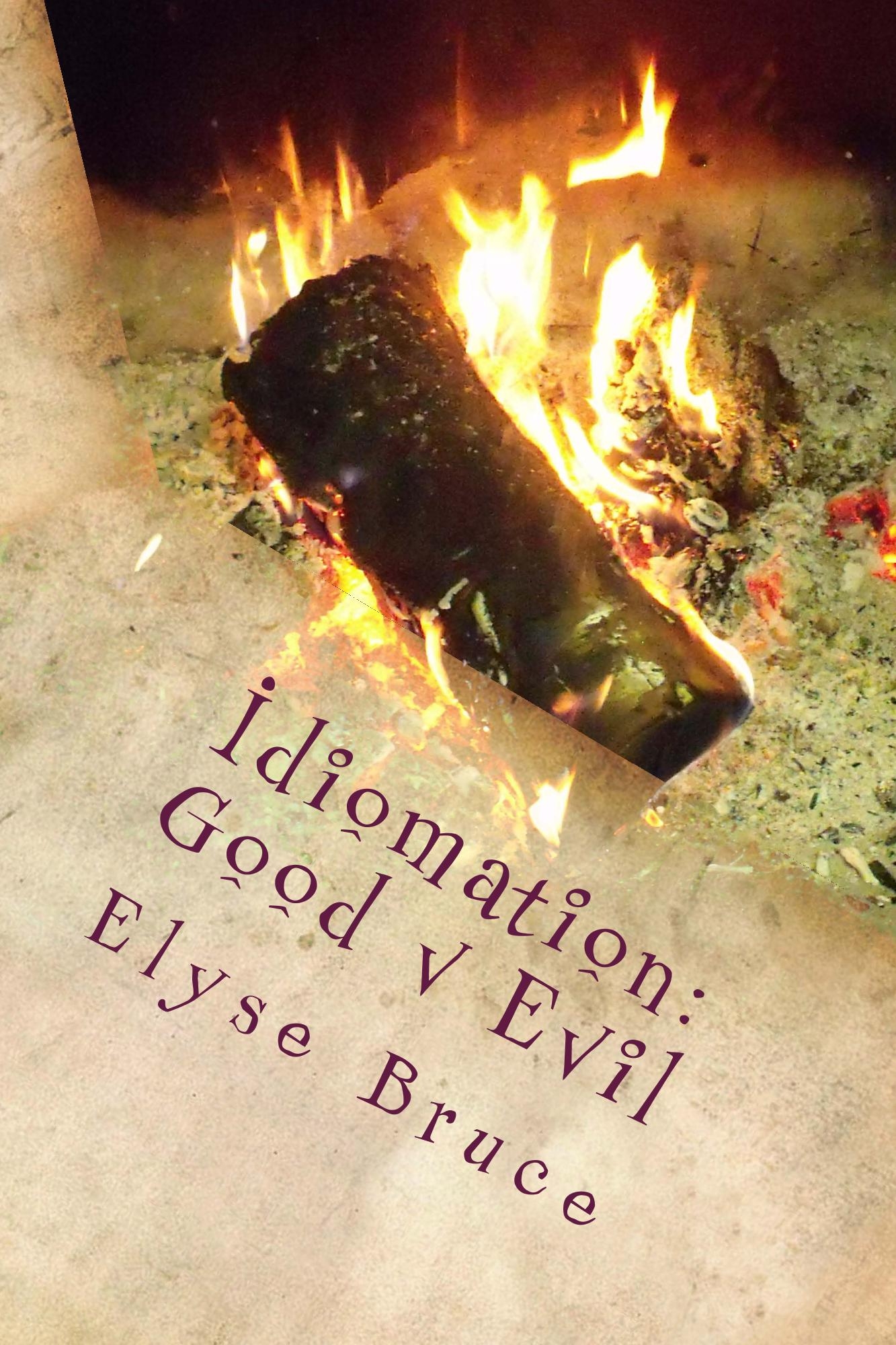Pink Elephants
Posted by Admin on March 5, 2014
If someone accuses you of seeing pink elephants, it means you are suffering from hallucinations … mostly likely caused by a state of inebriation.
In 1992, the “Confrerie van de Roze Olifant” (Brotherhood of the Pink Elephant) was founded to promote the Belgian beers made by the Huyghe Brewery aka Brouwerij Huyghe. The brewery has been in operation since 1654 and its best known beer is called Delirium Tremens (which is Latin for “trembling madness“). It has an alcohol content of 8.5% and was named “Best Beer In The World” at the 2008 World Beer Championships held in Chicago, Illinois.
In the May 14, 2010 edition of the Wall Street Journal, journalist Jean Spender wrote about former Alaska governor’s speech at a fundraising breakfast for the Susan B. Anthony List in Washington, D.C. She was quoted as having said:
Look out, Washington. There’s a whole stampede of pink elephants coming this November.
So where does this idiom come from, and what’s with all this talk of pink elephants as opposed to blue or green or bright yellow elephants?
Back in 1953, a Looney Tunes cartoon named “Punch Trunk” referred to pink elephants when a drunk looks at his watch and then says to a tiny grey elephant “You’re late!” Staggering away, he adds as an aside for the audience’s benefit,”He always used to be pink.”
Aha! What this means is that before 1953, there were pink elephants in some idiomatic form or another. And, of course, there was. In Disney‘s 1941 animated feature, “Dumbo” Timothy Q. Mouse and Dumbo the Elephant accidentally find themselves inebriated when they drink water that’s been spiked with champagne. Thanks to this mishap, they hallucinate pink elephants singing, dancing and playing marching band instruments. It would be easy to stop there and say it was obviously an expression that originated with Dumbo but that’s not quite right.
In the December 1938 edition of Action Comics #7, Superman lifts an elephant over his head while performing at the circus. As with most stories, there has to be an non-believer in the crowd and in this case, it’s a drunk. Upon witnessing Superman‘s feat of strength, the drunk says, “I don’t mind seeing pink elephants, but (hic) this is too much!”
The expression appears in the National Provisioner, published by the Food Trade Publishing Company and heralded as the “official organ of the American Meat Packers Association.” In the October 17, 1908 edition, the following excerpt is found with regards to the Packers’ Convention in Chicago. In fact, the following is attributed as being part of the “aftermath of the convention.”
Listen to the gentle dill-dill bird carolling sweet lays and the voice of the placid niph blending his voice in beatific unison. And see — see the pink elephants with green mosquito jockeys astride racing over the walls — what’s that? It’s 11 o’clock. Say, send a boy up with a pitcher of ice water, will you? In a hurry please.
In Chapter II of Jack London’s novel “John Barleycorn” published in 1903, the author provides an excellent definition of how alcohol and pink elephants are associated.
There are, broadly speaking, two types of drinkers. There is the man whom we all know, stupid, unimaginative, whose brain is bitten numbly by numb maggots; who walks generously with wide-spread, tentative legs, falls frequently in the gutter, and who sees, in the extremity of his ecstasy, blue mice and pink elephants. He is the type that gives rise to the jokes in the funny papers.
But are there such things as pink elephants? As a matter of fact, yes. In fact, albino elephants — which are far more common in Asian elephants than African elephants — are reddish-brown or pink. In Thailand, they are called chang phueak which, when translated, is pink elephant.
In 1877, Queen Victoria became the Empress of India even though India had been under British control since 1858. Six years after Queen Victoria was crowned the Empress of India, Toung Taloung, wintered for a time at the London Zoological Gardens before continuing its journey to join the Barnum, Bailey and Hutchison Circus in New York City. While in London, journalists and citizens were disappointed to learn that the alleged “white” elephant wasn’t white at all, but rather a reddish-brown — or rather, a dirty dusty rose.
Sometime between 1883 and 1903 — twenty years between Toung Taloung‘s appearance at the London Zoological Gardens and Jack London’s story — pink elephants, while very rare, were associated with the hallucinations of those who partook of alcoholic beverages.
This entry was posted on March 5, 2014 at 12:00 pm and is filed under Idioms from the 19th Century. Tagged: 1883, 1903, Action Comics #7, American Meat Packers Association, blue mice, Brouwerij Huyghe, Confrerie van de Roze Olifant, Delirium Tremens, Dumbo the Elephant, Empress of India, Huyghe Brewery, Jack London, John Barleycorn, London Zoological Gardens, Looney Tunes, National Provisioner, pink elephants, Punch Trunk, purple rabbits, Queen Victoria, Superman, Timothy Q. Mouse, Toung Taloung. You can follow any responses to this entry through the RSS 2.0 feed. You can leave a response, or trackback from your own site.
One Response to “Pink Elephants”
Leave a comment Cancel reply
This site uses Akismet to reduce spam. Learn how your comment data is processed.


mutanatia said
Is there a way to track when sayings come into and out of “vogue,” or when they “catch fire” and become “extinguished.” It looks like Disney made Pink Elephants catch fire…is this true? Also, it seems like this expression may be fading from popular use outside of that 2010 article (meaning fewer and fewer people use it)…is this true?